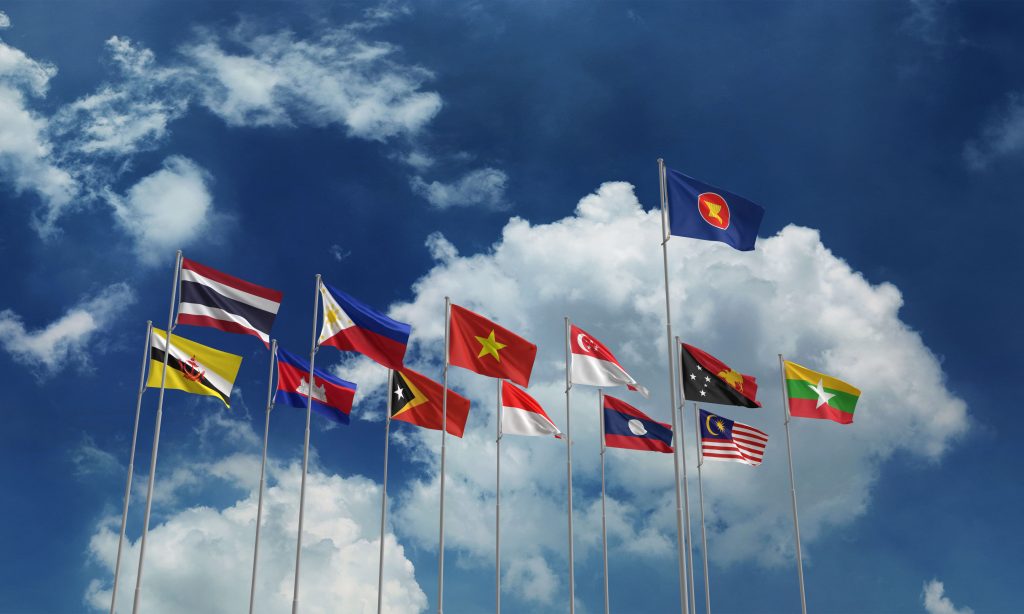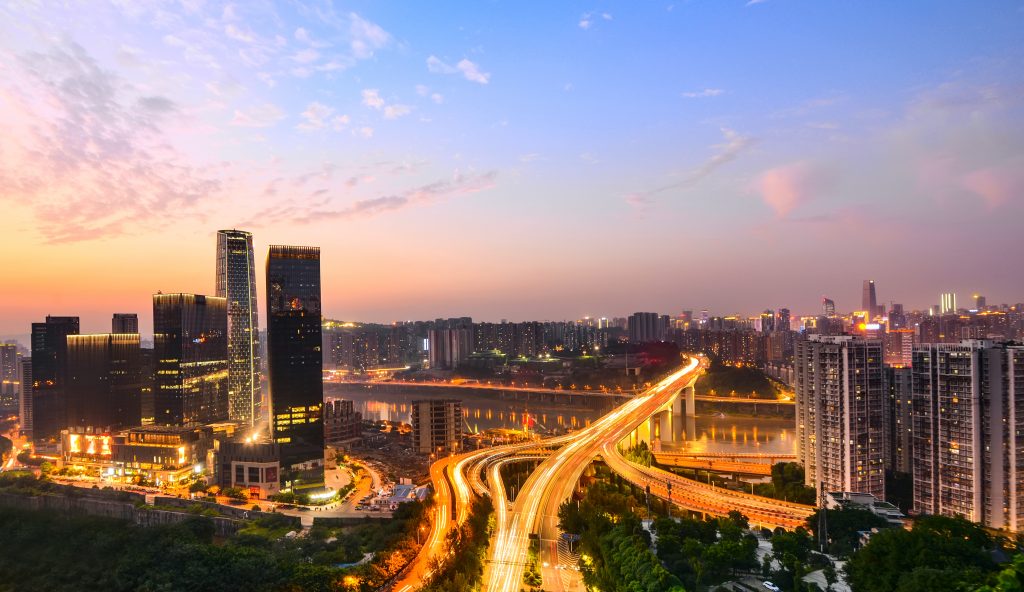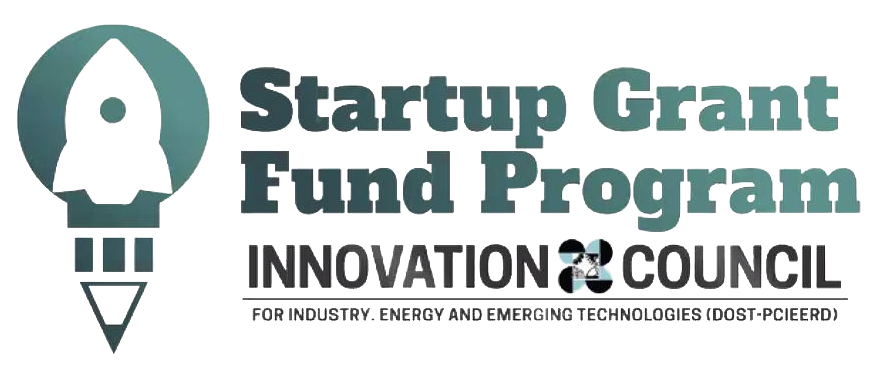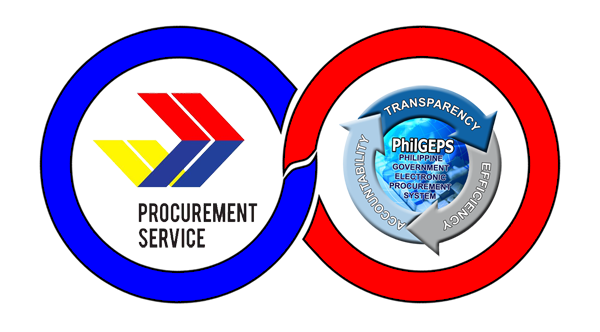In a recent press conference on April 1, 2024, House Deputy Majority Leader and Iloilo 1st District Representative Janette Garin addressed media inquiries regarding the state of the Philippine economy. Among her key points was the assertion that the overall investment climate in the Philippines is experiencing improvement. This statement signals significant developments within the country’s economic landscape and prompts a closer examination of the factors driving this positive trend. Considering that the Philippine Investment Climate is improving, entrepreneurs ought to be guided on how to operate their businesses about this progress.

Philippines’ Growing Appeal for Foreign Direct Investments (FDIs)
House Deputy Majority Leader and Iloilo 1st District Representative Janette Garin recently highlighted the Philippines’ increasing attractiveness for foreign direct investments (FDIs). This assertion is backed by HSBC Global Research’s report, which indicates a positive turn in the country’s reputation for attracting FDIs.
Garin emphasized the crucial role of peace and order in fostering a conducive environment for investments, echoing President Ferdinand R. Marcos Jr.’s observations regarding the decline in crime rates.
Enhancing Bureaucratic Efficiency
Garin lauded the Bagong Pilipinas campaign as a significant step towards improving bureaucratic efficiency in the Philippines. This initiative aims to minimize red tape and streamline government processes, thereby facilitating smoother transactions for businesses. Garin stressed the importance of reducing administrative barriers to encourage more investments in the country.
Reinforcing Confidence in Philippine Reforms
The narrative of development and macroeconomic stability in the Philippines is emphasized in the HSBC study, which increases investor confidence. Garin’s support of the report’s conclusions is indicative of a general understanding of the nation’s increasing allure as an investment location. The research indicates hope for future FDI inflows by highlighting the Philippines’ proactive approach to structural improvements.
Constitutional Amendments
In order to draw international investors to the Philippines, Garin proposes modifying the 1987 Constitution’s restrictive economic provisions. One of the main issues brought up is the ban on foreign land ownership.
Garin highlights the necessity of tackling regulatory obstacles and bringing constitutional provisions into line with modern economic realities. Moving closer to this objective is the House of Representatives recent acceptance of Resolution of Both Houses (RBH) No. 7.
Main Contributory Areas
Philippines Among Fastest-Growing Economies in East Asia
The World Bank’s recent economic update for the East Asia and Pacific region reveals promising projections for the Philippines’ economic growth trajectory. Retaining its 2024 growth forecast at 5.8 percent, the World Bank anticipates the Philippines to emerge as the second fastest-growing economy in the region. Moreover, the bank has revised upward its 2025 growth forecast to 5.9 percent, indicating sustained momentum in the country’s economic expansion.
Regional Comparison
According to the report, the Philippines is poised to join Cambodia as one of the top performers in terms of economic growth, trailing only behind Palau, which is projected to grow by 12.4 percent. These forecasts outpace the growth projections for other key economies in the region, such as China, Indonesia, Malaysia, Vietnam, and Thailand.
Factors Driving Growth of Philippine Investment Climate
Aaditya Mattoo, the World Bank East Asia and Pacific chief economist, attributes the Philippines’ sustained growth to robust consumption and the recovery of the services sector, especially in Philippine Investments. Mattoo also highlights the positive impact of government reforms, such as the implementation of the Public Services Act, which is expected to attract greater foreign investment in the country.
Socioeconomic Outlook
The World Bank forecasts a decline in poverty incidence in the Philippines, driven by improvements in the labor market and easing inflation. Despite these positive trends, risks to the country’s growth outlook persist, with elevated inflation posing a potential dampening effect on economic activity.
Addressing Philippine Investment Climate Vulnerability
Mattoo emphasizes the vulnerability of the Philippines and other regional countries to climate shocks, necessitating significant investments in adaptation measures. While these challenges remain, the World Bank’s projections underscore the Philippines’ resilience and potential for sustained economic growth in the East Asia and Pacific region.

Philippine Exports Soar
Despite facing global trade challenges, Philippine exports reached a significant milestone in 2023, surpassing the USD100-billion mark for the first time in the country’s history.
According to the Department of Trade and Industry (DTI), exports of goods and services totaled USD103.6 billion, marking an impressive increase of 4.8 percent from the previous year’s total of USD98.8 billion.
Services Sector Drives Export Growth Contributing Massively to Philippine Investments
DTI Secretary Alfredo Pascual attributes the robust export performance to the services sector, particularly the information technology and business process management (ITBPM) and tourism services.
Services exports surged by 17.4 percent in 2023, reaching USD48.29 billion compared to USD41.12 billion in 2022. The Information Technology and Business Process Association of the Philippines reported ITBPM revenues of USD 35.5 billion, while travel services generated USD 9.1 billion in revenue.
Importance of Diversification and Competitiveness
The DTI emphasizes the importance of diversifying export portfolios and enhancing competitiveness in key sectors to mitigate the impact of declines in certain industries. Secretary Pascual shares about the need for collaboration between the government and the private sector to achieve sustained export growth.
The Philippine Export Development Plan (PEDP) 2023-2028 serves as a guideline to address production constraints, improve market access, and foster innovation in the export ecosystem.
Challenges and Opportunities Ahead for the Philippine Investment Climate
Secretary Pascual acknowledges the ongoing challenges in both domestic and global trading environments but remains committed to addressing constraints to Philippine export competitiveness. The DTI continues to collaborate with exporters and stakeholders to develop programs and services aimed at supporting their growth and resilience amidst the complexities of global trade.
Infrastructure Development Fueling The Philippine Investment Climate
Lawmakers have prioritized infrastructure projects aimed at addressing key bottlenecks and improving connectivity nationwide. By investing in infrastructure, the government aims to create an environment conducive to business growth and expansion. Improved infrastructure not only attracts investments but also facilitates the movement of goods and services, driving economic activity and promoting inclusive growth.
Streamlining of Business Registration Processes
Lawmakers recognize the importance of streamlining business registration processes to encourage entrepreneurship and facilitate investment inflows. Efforts to simplify and expedite the process of registering businesses contribute to a more efficient and investor-friendly environment.
Enhancing Investor Protection and Rights
Ensuring investor protection and rights is essential for maintaining investor confidence and fostering a sustainable investment climate. Lawmakers have been proactive in enacting laws and regulations aimed at safeguarding the interests of investors and providing them with a conducive environment for business operations.
By implementing measures to enhance transparency, accountability, and legal recourse mechanisms, lawmakers aim to instill trust and confidence among investors, ultimately driving investment inflows and economic growth.
Collaboration with Stakeholders for Sustainable Growth of Philippine Investments
Lawmakers recognize that sustainable growth requires collaboration with various stakeholders, including businesses, civil society, and international partners. Through constructive dialogue and engagement, lawmakers seek to address the diverse needs and concerns of stakeholders while crafting policies that promote long-term economic prosperity. By fostering partnerships and inclusive decision-making processes, lawmakers aim to build consensus and create an enabling environment for investment and sustainable development.

As the Philippine investment climate continues to improve, it becomes increasingly crucial for entrepreneurs to align their business strategies with this evolving landscape. By staying informed and adaptable, entrepreneurs can capitalize on emerging opportunities and navigate potential challenges more effectively. Moreover, with the support of proactive policymaking and conducive regulatory frameworks, businesses can thrive in an environment conducive to growth and innovation.









